PCOS is a hormonal and reproductive disorder. It occurs because of certain hormone imbalances. With PCOS, a woman’s body secretes abnormally high levels of male hormones (androgens) and this counteracts her ovaries’ ability to make enough of the female hormone (progesterone) needed for normal menstruation. Because of the low level of female hormones, women with PCOS typically have fewer periods than most women (called oligomenorrhea) and sometimes have no periods at all (called amenorrhea). Their periods can also be irregular with lengthy bleeding episodes, light or heavy flows, or frequent spotting.\nMost but not all women with PCOS get small, pea-size cysts on their ovaries. The cysts are caused by follicles (fluid-filled sacs that contain an egg) that have matured in the ovary, but because of the abnormal hormone levels, were never released. In PCOS, one or both of the ovaries can also become enlarged, sometimes up to 1.5-3 times their normal size
Smart features
Ai based diagnosis
Our diagnosis chabot diganoses with the help of your symptoms with great accuracy and precision.
Severity detection
With pcos detection we also provide the severity ranging from low moderate and high risk
Exercises and Diet recommendation
Sed ut perspiciatis unde omnis iste natus error sit voluptatem accusantium doloremque laudantium
News and updates
Stay updated about PCOS with our news and updates providing services
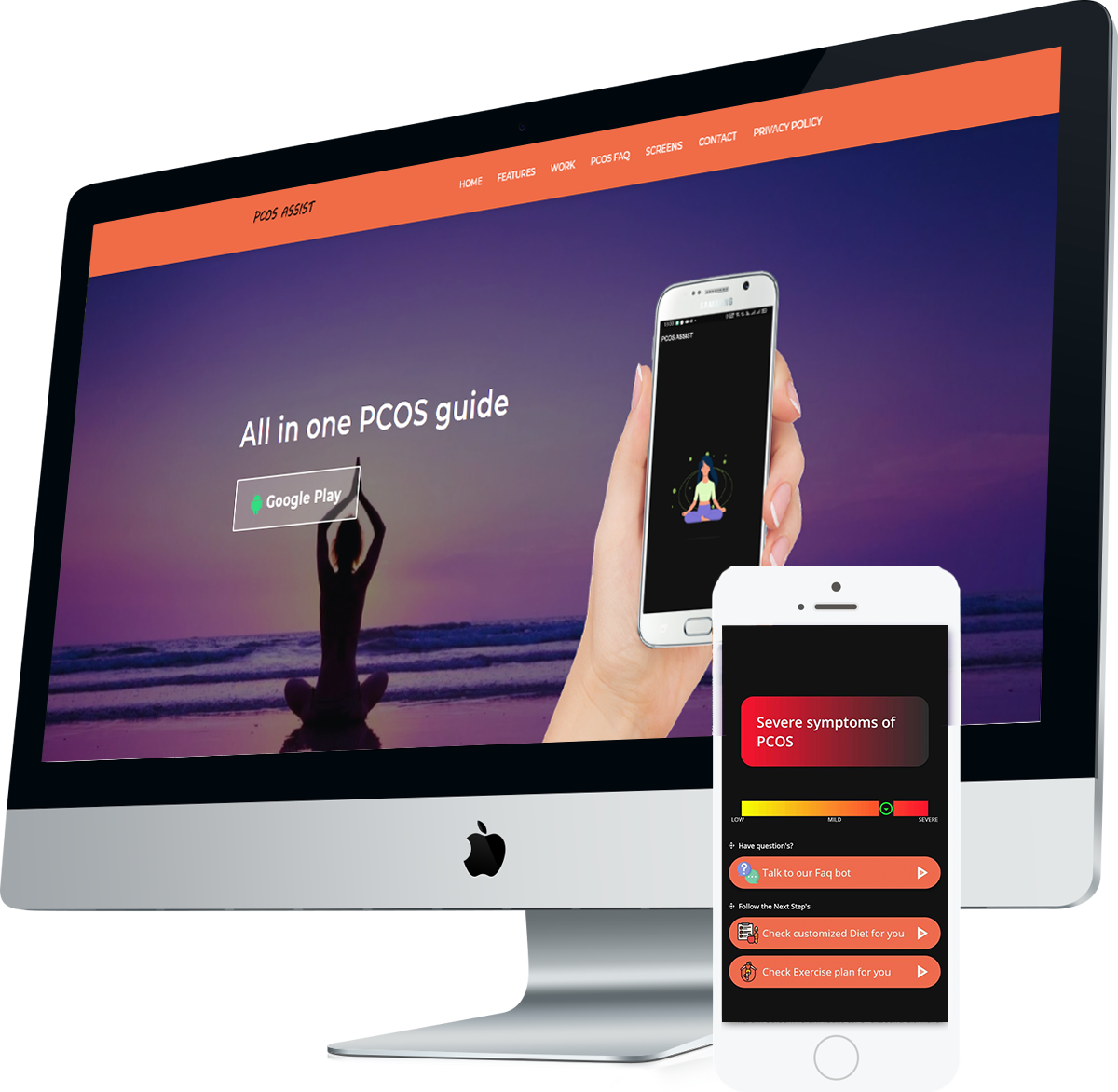
How it works
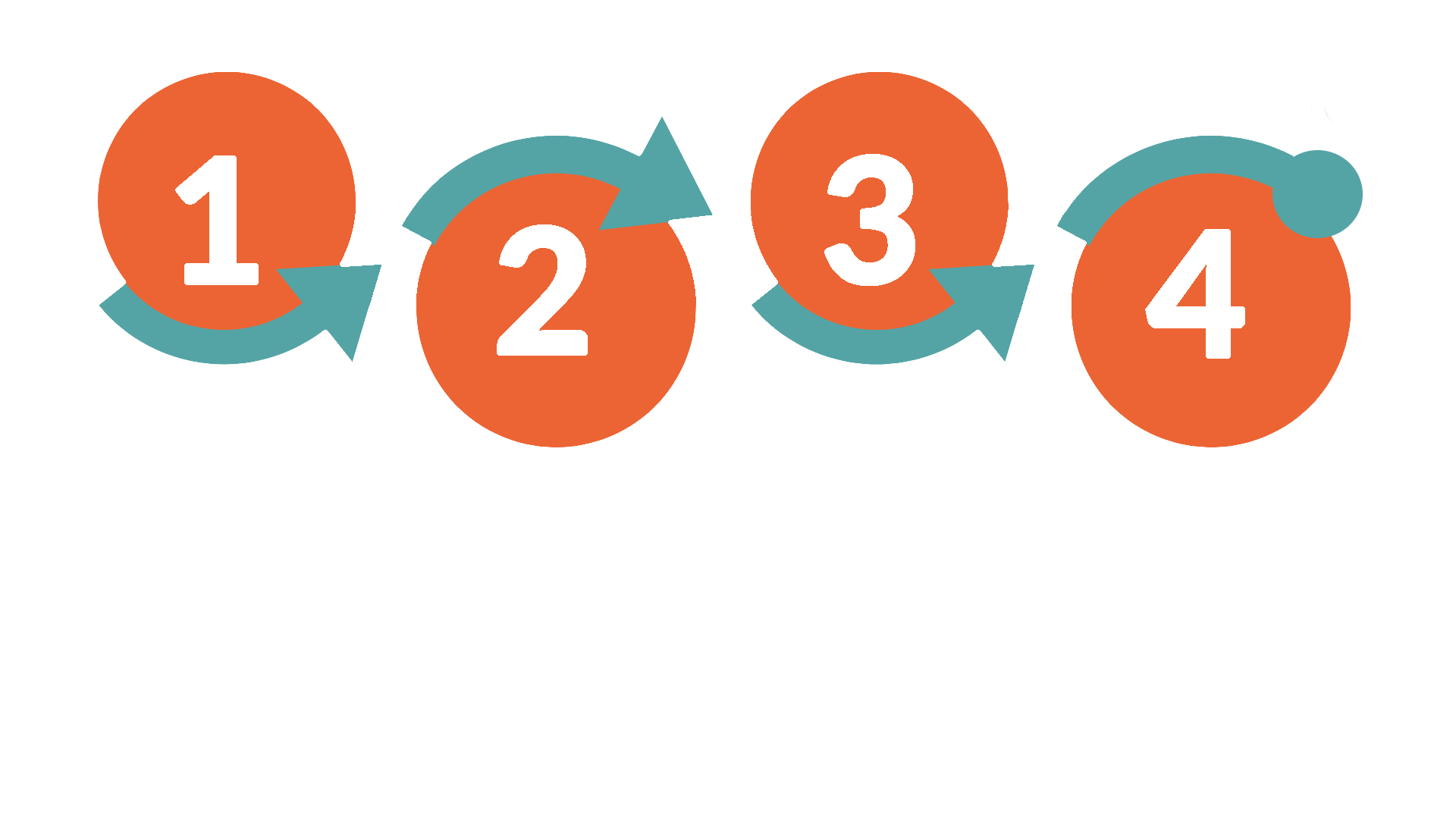
Polycystic ovaryian syndromeFAQ's
Know about PCOS, here
It is estimated that more than 1 in 10 women are afflicted with PCOSa
PCOS has the greatest impact on women of child bearing age as it is the number one cause of infertility in women
No one knows exactly what causes PCOS. Genetics are thought to be a factor, but the environment may also play a part
There are numerous symptoms of PCOS. Some women may only have one or two and others may have them all. The symptoms include, but are not limited to:\nInfrequent periods, no periods, and/or irregular bleeding\nInability to get pregnant\nAcne\nExcess hair growth on the face, chest, stomach, back, arms and legs\nMale pattern baldness\nWeight gain\nDiabetes, and\nVelvety, light brown-to-black markings on the skin around the neck and under the arms
PCOS can not be cured, but the symptoms can be managed. If a woman does not plan to become pregnant, she can take birth control pills to regulate her periods, reduce male hormone levels in her blood, and clear her acne.\nOne medication to treat Type-2 diabetes, known as Metformin or Glucophage, affects the way insulin regulates glucose and decreases testosterone production. However, doctors discovered that when some women with PCOS take this drug, ovulation can return to normal and abnormal hair growth can slow down after a few months of use.\nFor women who have trouble with getting pregnant, fertility drugs can be given to stimulate ovulation.\nMaintaining a healthy weight can also help women manage PCOS. Physical activity and a healthy diet will help the body lower glucose levels, use insulin more efficiently, and may restore normal periods
Women with PCOS experience a combination of symptoms that can lead to other serious conditions such as obesity, depression, heart disease, diabetes, and infertility. In fact, PCOS is the #1 cause of infertility in women
PCOS stands for Polycystic Ovary Syndrome
PCOS normally affects women once they start having menstrual cycles or hit the age of puberty (typically around age 11)
Unfortunately, no. However, it is quite common for a woman with PCOS to have a cessation of symptoms while she is pregnant, and many women have improvement and more normal menstrual cycles after having been pregnant.\nPCOS can cause problems if you are trying to conceive, but with the right treatment from a fertility specialist with experience and expert knowledge of the condition, you have a good chance of getting pregnant
Check App's Screens
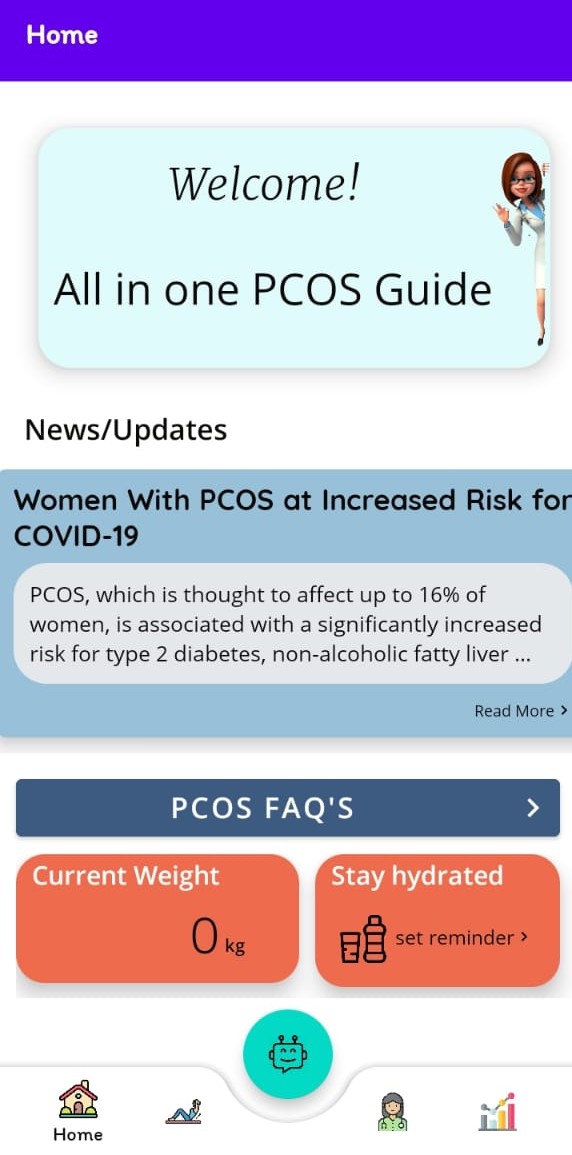
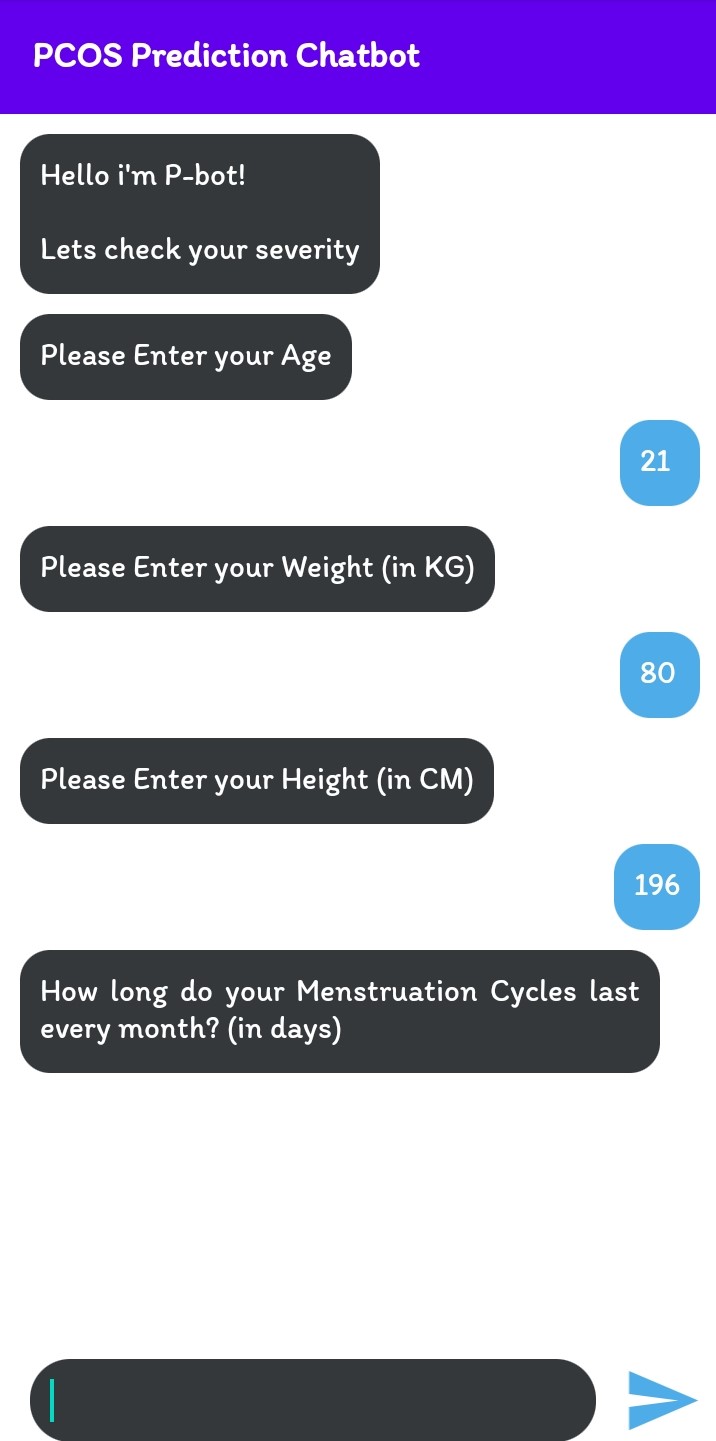
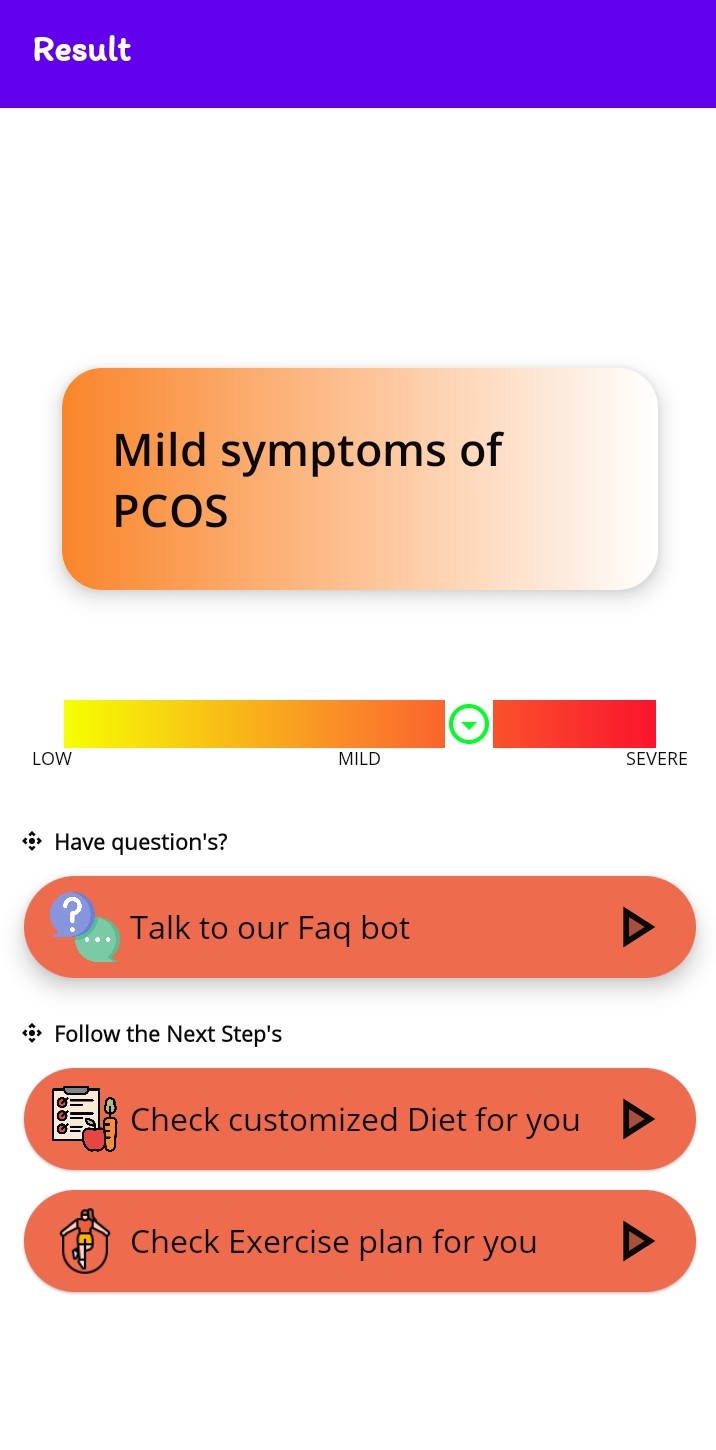

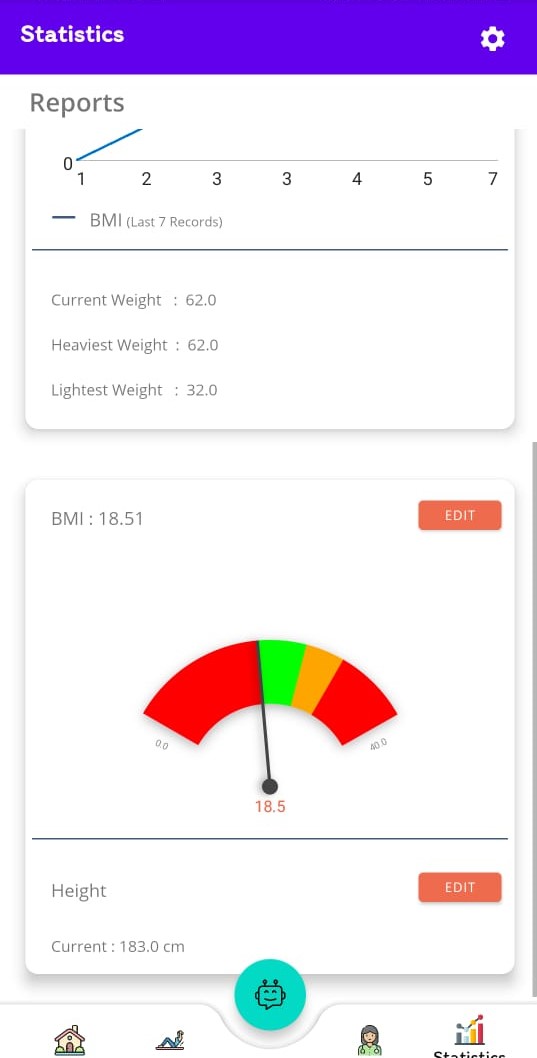

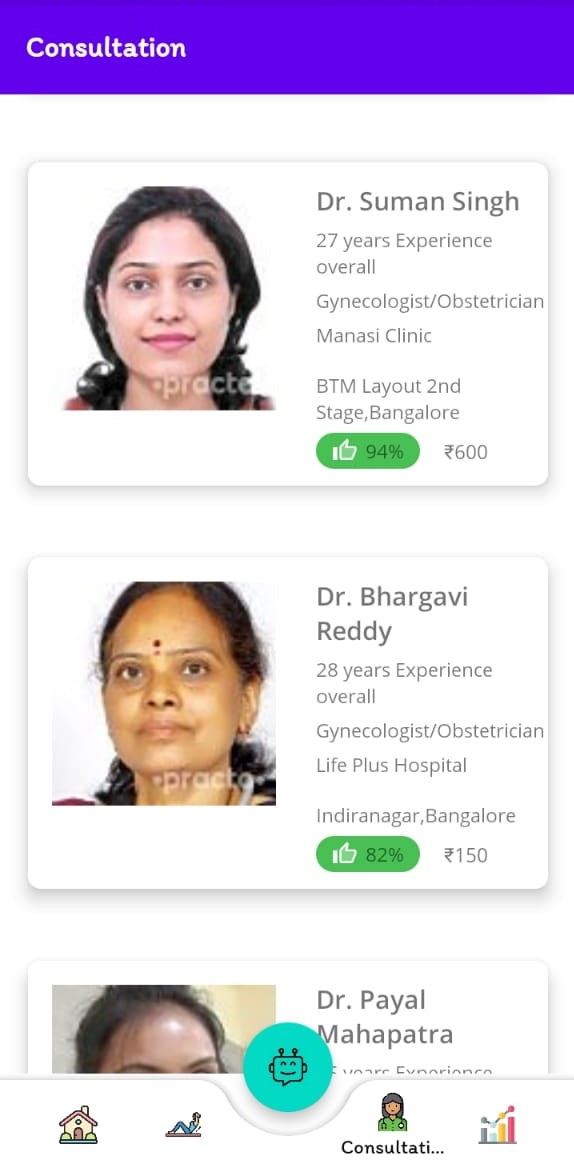
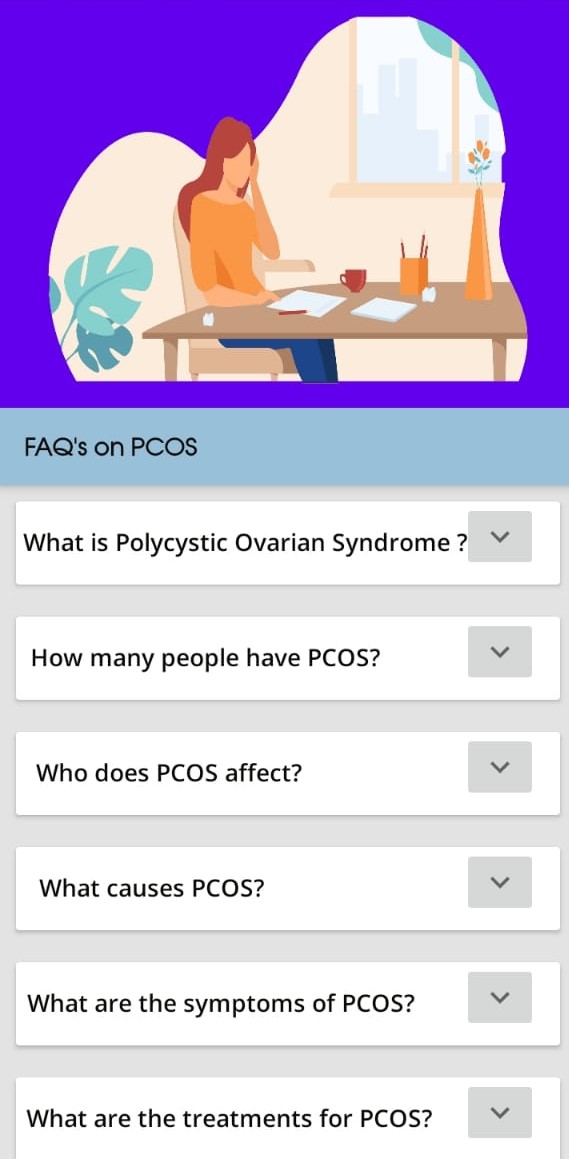
Drop A Message
regarding any query,we will get back to you soon.
